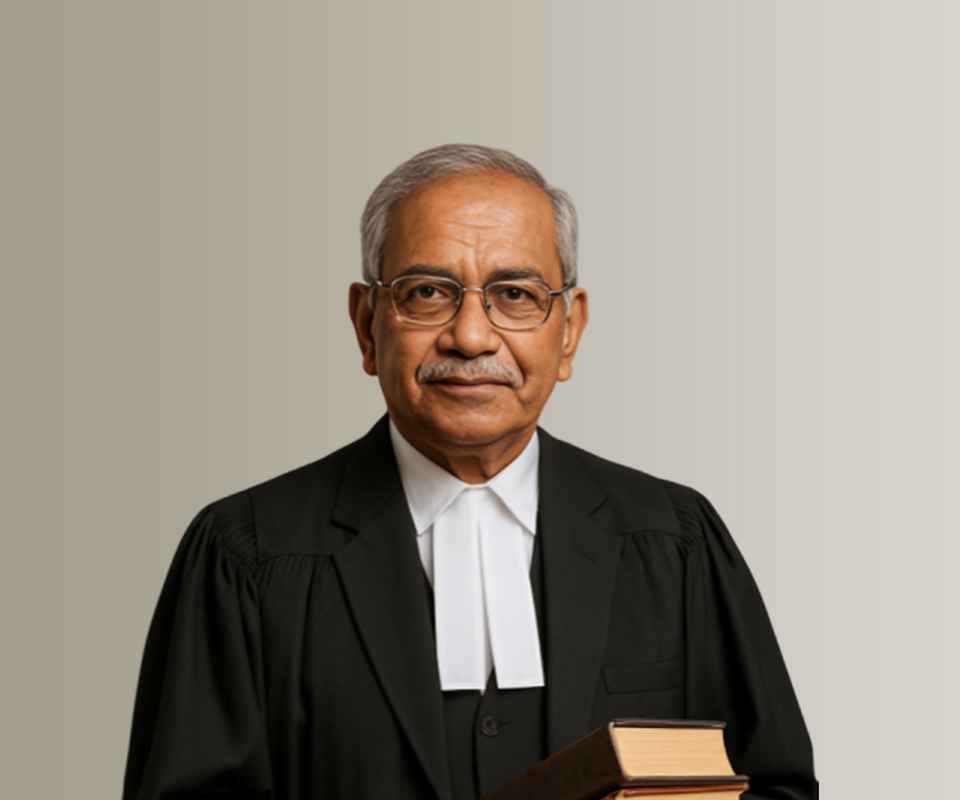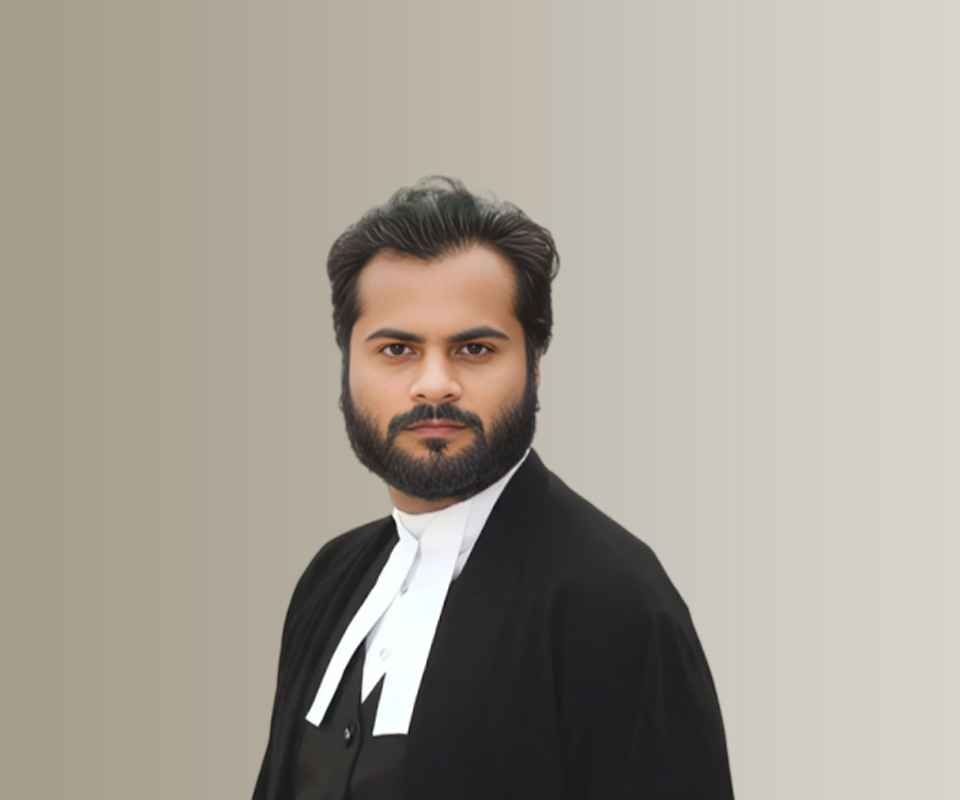Answer By law4u team
A trust in law is a legal arrangement where one person or group, called the trustee, holds and manages property or assets for the benefit of another person or group, called the beneficiary. The person who creates the trust and transfers the property is known as the settlor or author of the trust. Governing Law in India: Trusts are primarily governed by the Indian Trusts Act, 1882 (which applies to private trusts). Public trusts (often charitable or religious) are regulated by separate laws, such as the Charitable and Religious Trusts Act and state-specific laws. Trust law remains independent and is not replaced by BNS, BNSS, or other new criminal laws. Key Elements of a Trust: 1. Settlor The person who creates the trust and transfers property into it. 2. Trustee The person or institution that holds and manages the trust property according to the terms of the trust. 3. Beneficiary The person or persons who benefit from the trust. 4. Trust Property (Corpus) The assets or property transferred into the trust. 5. Trust Deed The legal document that sets out the terms, conditions, and purpose of the trust. Types of Trusts: Private Trusts Created for the benefit of specific individuals or families. Example: A trust created for the education of children. Public Trusts Established for charitable, religious, or public purposes, benefiting the community at large. Example: Trusts running hospitals, schools, or temples. Characteristics of a Trust: The trustee has a fiduciary duty to manage the trust property responsibly. The trust property is separate from the personal property of the trustee. The beneficiary has a right to enforce the terms of the trust. The settlor may place conditions and restrictions on how the trust is to be managed and used. Purpose of a Trust: To manage and protect assets for beneficiaries. To ensure property is used for specific purposes. To provide for minors or incapacitated persons. To carry out charitable or religious activities. Advantages of a Trust: Provides control over the use of assets even after the settlor’s death. Can help in avoiding disputes among heirs. May offer tax benefits depending on the type of trust. Ensures long-term management of assets.









